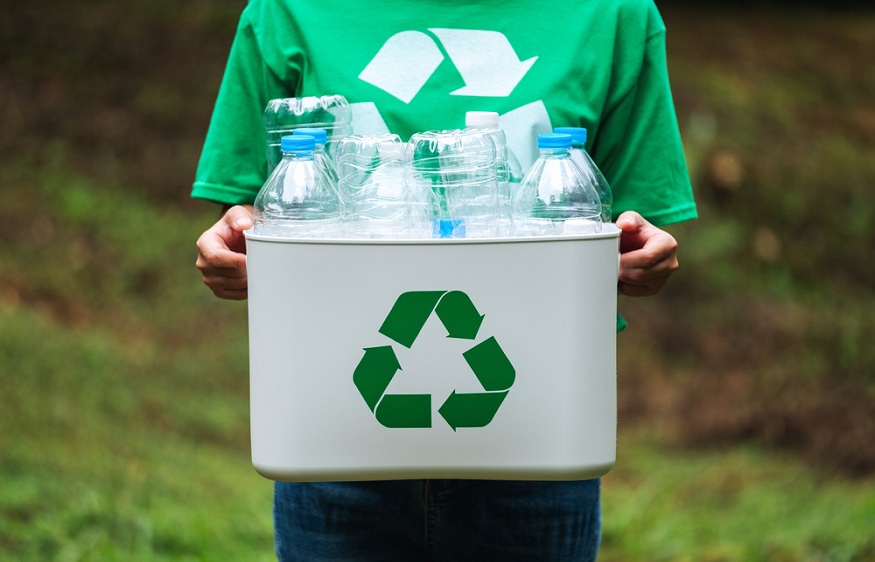Consumer recycling is a tricky thing. Some communities encourage residents to recycle glass, paper, and plastics. Others require it by ordinance. Still others have no means of recycling whatsoever. Then there is the question of recycling in public places. Do you separate recyclables at the restaurant or throw everything in the trash bin?
Assuming recycling is a good thing, how do we get more people to do it more often? Would it help to start paying people? Ask yourself that very question. If you were paid to recycle consumer plastics, would you be more likely to do so?
Decades ago, in an effort to encourage people to recycle beverage containers, states began implementing bottle deposit laws. These laws require retailers to charge deposits on all qualifying beverage containers. Consumers could reclaim those deposits by returning empty containers to the store. It seemed to work. But in such cases, people were not being paid to recycle. They were simply recovering money spent on deposits.
Industrial Recyclers Pay
We can see a clear model of paying for recyclables in the industrial sector. Take a company like Seraphim Plastics. Based in Tennessee, the company literally pays customers for their scrap plastic. Customers agree to sell their scrap plastic and then wait for Seraphim to come pick it up.
Seraphim isn’t afraid to mention this to drum up new business. They frequently market their services as a way for companies to make money on their waste. It is a brilliant plan. Seraphim can afford to do it because the way they recycle is so profitable. What is their secret? Accepting only clean industrial plastic. They don’t deal with household recyclables.
Recycling Without an Incentive
As far as this writer knows, there aren’t any municipal recycling programs that actually pay consumers for paper, glass, and plastic. And in many cases, consumers pay to have materials hauled away. It is part of their monthly garbage bill. The natural result is that consumers have little incentive to voluntarily recycle.
You might say that people should recycle just because it is good for the environment. But the reality is that saving the planet is not incentive enough. Most people do not think long term. They don’t think about what the planet will be like a hundred years from now. So even if saving the planet via recycling were legitimate – and there is plenty of debate on that topic – most people don’t think in those terms.
Incentives need to matter here and now. They need to hit people where they live. That is why paying for recyclables works in the industrial environment. Selling industrial plastic waste brings in revenue, minor as it may be. It is still enough to incentivize companies to recycle rather than throwing plastic waste in the dumpster.
More Specialized Recycling
Seraphim Plastics and other industrial recyclers can pay for recycled materials because they have an efficient way of processing what they buy. We could theoretically apply the same model to consumer recycling. Doing so would require more specialized services, but it could work.
Imagine one company paying you for your glass. Another pays you for your paper. Still another buys certain types of consumer plastics from you. If they pay you and pick up the materials from your home, would that be enough incentive to get you to recycle?
If I were betting man, I would say you would be eager to jump on board. The few seconds it takes you to separate materials would be well worth it to earn a little extra cash. So maybe that’s part of the solution to the plastic problem everyone is talking about.

